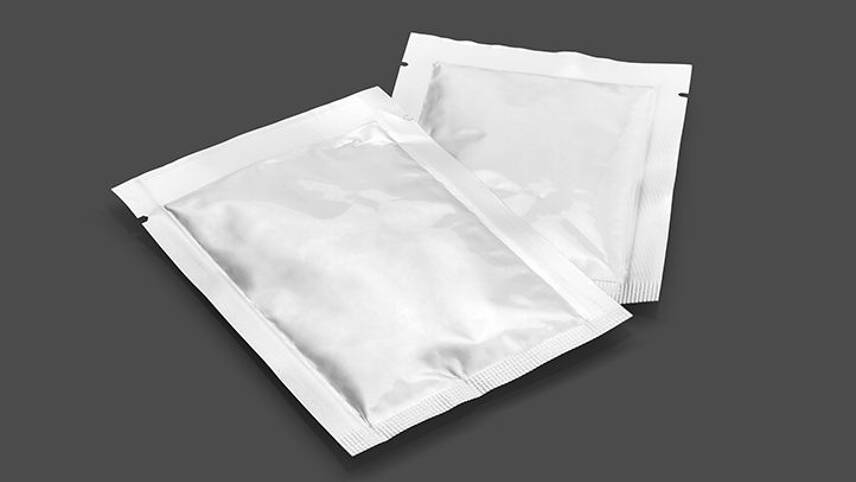Register for free and continue reading
Join our growing army of changemakers and get unlimited access to our premium content

Plastic sachets are everywhere, yet they have been invisible to us for years despite causing a catastrophe for the environment. Uncollectible, unrecyclable, some 855 billion are pushed out each year. To put it into perspective, a year’s worth of sachets measuring some 72 million kilometres – the equivalent of 189 trips between the earth and the moon. Virtually all plastic sachets are destined to pollute our precious natural habitats, where they’ll break down into microplastics, spread far and wide, enter our food chains, and leach toxic, endocrine-disrupting chemicals into our soils and waters.
So outlawing them makes perfect sense. One of the most abundant polluting items in the oceans, the numbers of sachets produced massively outweighs the items currently under consultation. The Government estimates England uses 1.1 billion single-use plastic plates and 4.25 billion items of single-use cutlery each year year, and while these are staggeringly high numbers, they pale in comparison to the tsunami of plastic sachets.
But the sachet is not beat just yet. The scope of our addiction to the convenience of these tiny plastic packets goes beyond ketchup, mustard, and mayonnaise. The personal care industry is a major contributor too, producing some 122 billion plastic sachets each year, with the sector expected to be the most lucrative end-use market for sachet packaging. More often than not these are used to package samples of products such as perfume, shampoo, and detergent to encourage sales of full-size products. Washing powder and tablets are still sold individually wrapped in plastic sachets. These must be next on the hit list.
But extending its plastics ban to cover sachets within the food sector is a good start, and while industry may push back against the proposal the Government must remain firm. The industry has proven time and time again that it can adapt to change. The pandemic is a case in point, showing how the food and retail sectors can change their methods to work with a new normal. And with a raft of readily available alternatives, from paper and pulp to newly emerging nature-safe materials, kicking the plastic sachet into touch should not prove a major stumbling block.
By tackling the unnecessary plastics which are destroying the planet, the Government can show it means business. It can force industry to rethink how it uses the material, driving it towards more environmentally friendly alternatives which won’t leave a lasting impact on the planet. It can bring about a shift in consumerism, where we consider the lasting impact a product has on our planet; where we consider the true cost of the materials we use and the products we buy instead of their convenience.
2022 cannot be another year of prevarication and delay on tackling the plastic crisis. We have to push forward. The Government must maintain a strong stance that the scourge of plastic sachets cannot be allowed to continue. It should look to tackle all sachets including produced by the personal and home care industry rather than drip-feed legislation. Industry needs to know the new guardrails on plastic and this randomised inch by inch confuses all.
By sacking the sachet, the Government has an opportunity for a world first. But there is still plenty of work to do if they want to make 2022 the year they really commit to turning off the plastic tap. It’s a very strong start.
Sian Sutherland is co-founder of A Plastic Planet, a global solutions organisation with a single goal – to ignite and inspire the world to turn off the plastic tap. In 2019 A Plastic Planet launched Sack the Sachet – a campaign to bring an end to the billions of plastic sachets polluting the environment each year.



Please login or Register to leave a comment.